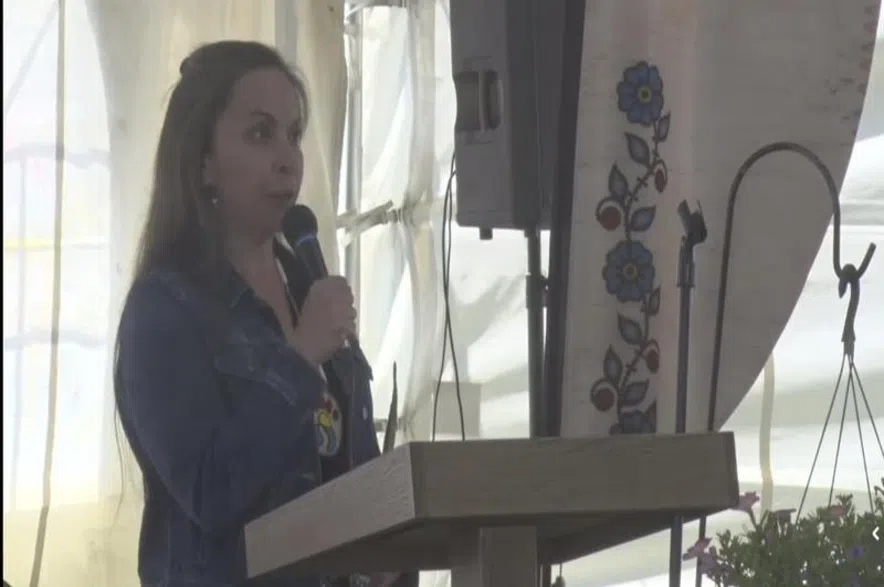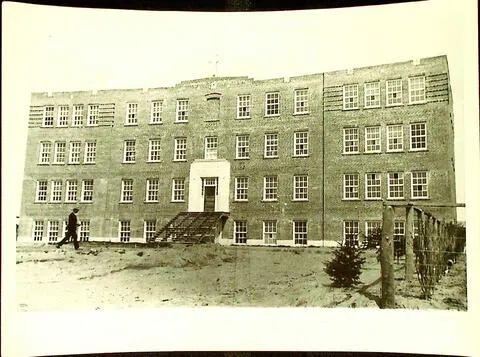By: Derek Cornet
English River First Nation (ERFN) announced Thursday that it has 60 additional areas of concern at the former site of the Beauval Indian Residential School.
Four years ago, the band began an extensive ground-penetrating radar search for unmarked graves. In 2023, an initial 93 areas of interest in and around the missionary were identified, and after an expansion of the search area in the summer of 2024, that number has now grown to 160.
The new areas of concern are located near the original priest’s house, the site of the school that burned in 1927, and the large brick building that stood until 1996.
Investigations on the original 93 sites have been completed and memorialized, and investigations will continue on the newly discovered 60.
“While we cannot say with scientific certainty what these sites represent, we do know the soil in these locations have been disturbed, removed and replaced. We ask why are there so many areas?” Dawn McIntyre, Returning Home Society Project Manager, said.
“We believe the stories our Elders have shared. The shape, size and locations of these areas of concern make them highly suspicious. For now, this is enough for us to protect and preserve the sites while we continue our investigations. Our Elders and leadership will spend the coming weeks considering our next steps with care and wisdom.”
There could be more areas of concern identified in the coming years, as only 10 to 15 per cent of the grounds have been searched so far. By the end of this year, McIntyre said they will be able to identify all individuals buried in the mission cemetery.
ERFN Coun. Jenny Wolverine has personally been impacted by the legacy of the Beauval Indian Residential School. Her parents and grandparents were taken from their home and forced to live there as children. As a result, she explained her life has been shaped by those experiences.
As a local leader, Wolverine has witnessed firsthand the ongoing impacts of the school. She noted the impacts are obvious with the social issues, economic barriers and the mental health struggles of the ERFN people.
“On behalf of the leadership of ERFN, we are not here to point fingers or to blame anybody,” Wolverine remarked.
“We reaffirm our commitment to walk alongside our members, our relatives and our allies. Together, we are working towards a future where our children are not only healed but thrive,” she said.
“We are here to advocate, to build strong and respectful relationships with all levels of government, and to create a lasting legacy rooted in truth, reconciliation and unity for generations to come. We call on all Canadians, every individual and every institution and every level of government, to stand with us in advancing truth and reconciliation.”












